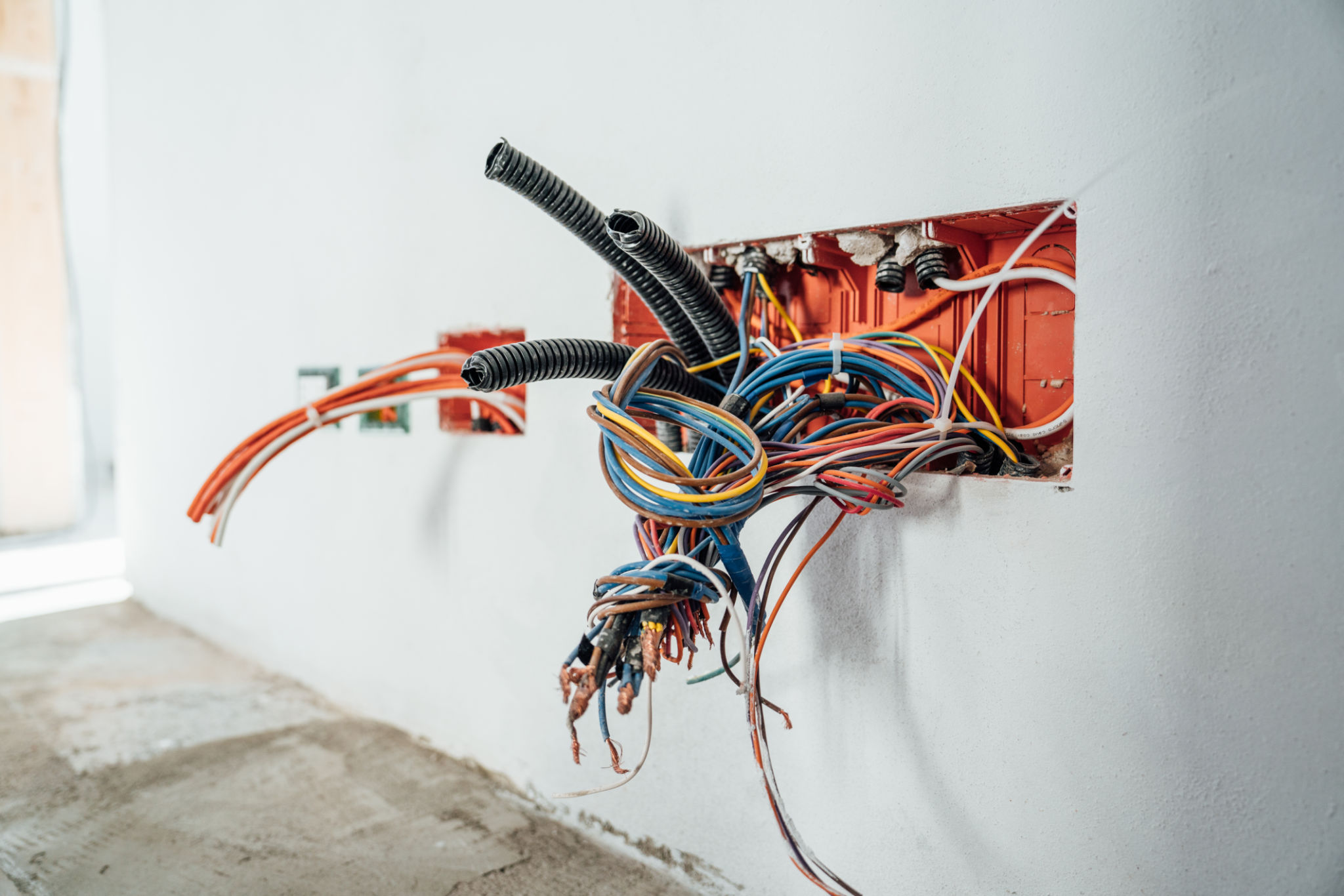DIY Electrical Fixes vs. Hiring a Professional: What You Need to Know
The Appeal of DIY Electrical Fixes
With the rise of online tutorials and the availability of tools, many homeowners are drawn to the idea of tackling DIY electrical fixes. The allure of saving money and the satisfaction of completing a task yourself can be quite tempting. Additionally, it can be a fun and educational experience, allowing you to learn more about how your home functions.
However, before you grab your toolkit, it’s important to consider the complexities involved in electrical work. Even seemingly simple tasks can have hidden dangers that could lead to more harm than good. While DIY projects can be rewarding, they require a careful assessment of your skills and the specific project at hand.

Common DIY Electrical Projects
Some of the more common DIY electrical projects include replacing outlets or switches, installing light fixtures, and troubleshooting faulty connections. These tasks often come with detailed instructions and are generally considered manageable for those with basic electrical knowledge.
When it comes to these simple fixes, many resources are available online to guide you through the process. However, it's crucial to follow safety precautions such as turning off the power at the circuit breaker and using insulated tools to minimize risks.

Safety Considerations
Electrical work comes with inherent risks, including the potential for electrocution or fire hazards. Thus, understanding the safety measures is paramount when attempting any electrical DIY project. Always ensure you are working in a dry environment, use protective gear, and double-check that the power is off before starting any work.
Moreover, local building codes and regulations must be adhered to. Failing to comply with these codes can lead to more significant issues down the line, such as voiding your home insurance or causing unsafe living conditions.

When to Call a Professional
While some tasks can be handled by a competent DIY enthusiast, others should be left to professionals. Complex projects such as rewiring a home, installing circuit breakers, or addressing issues with the main electrical panel require specialized skills and knowledge.
Professionals are trained to handle these challenges safely and efficiently. Their expertise ensures that the job is done correctly, reducing the risk of future issues. Furthermore, hiring a licensed electrician means that their work is insured and compliant with all local codes.
The Cost Factor
One of the main reasons homeowners consider DIY electrical fixes is cost savings. However, attempting complex projects without the necessary expertise can lead to costly mistakes. In some cases, these mistakes may require hiring a professional to correct, resulting in higher expenses than if you had called an expert from the start.
When budgeting for electrical work, it's essential to weigh the potential risks and benefits. Sometimes spending a little more upfront for professional services can save you money and trouble in the long run.

Conclusion
In conclusion, while DIY electrical fixes can be appealing for their cost-saving potential and personal satisfaction, it's crucial to recognize your limitations. Simple tasks might be within your reach, but complex projects should always be handled by a professional. Prioritizing safety and adhering to regulations will ensure your home remains a secure and comfortable space.
Weighing the pros and cons of each approach allows you to make informed decisions about maintaining your home's electrical system. Whether you decide to tackle a project yourself or hire an expert, being knowledgeable about both options is key to ensuring successful and safe outcomes.
